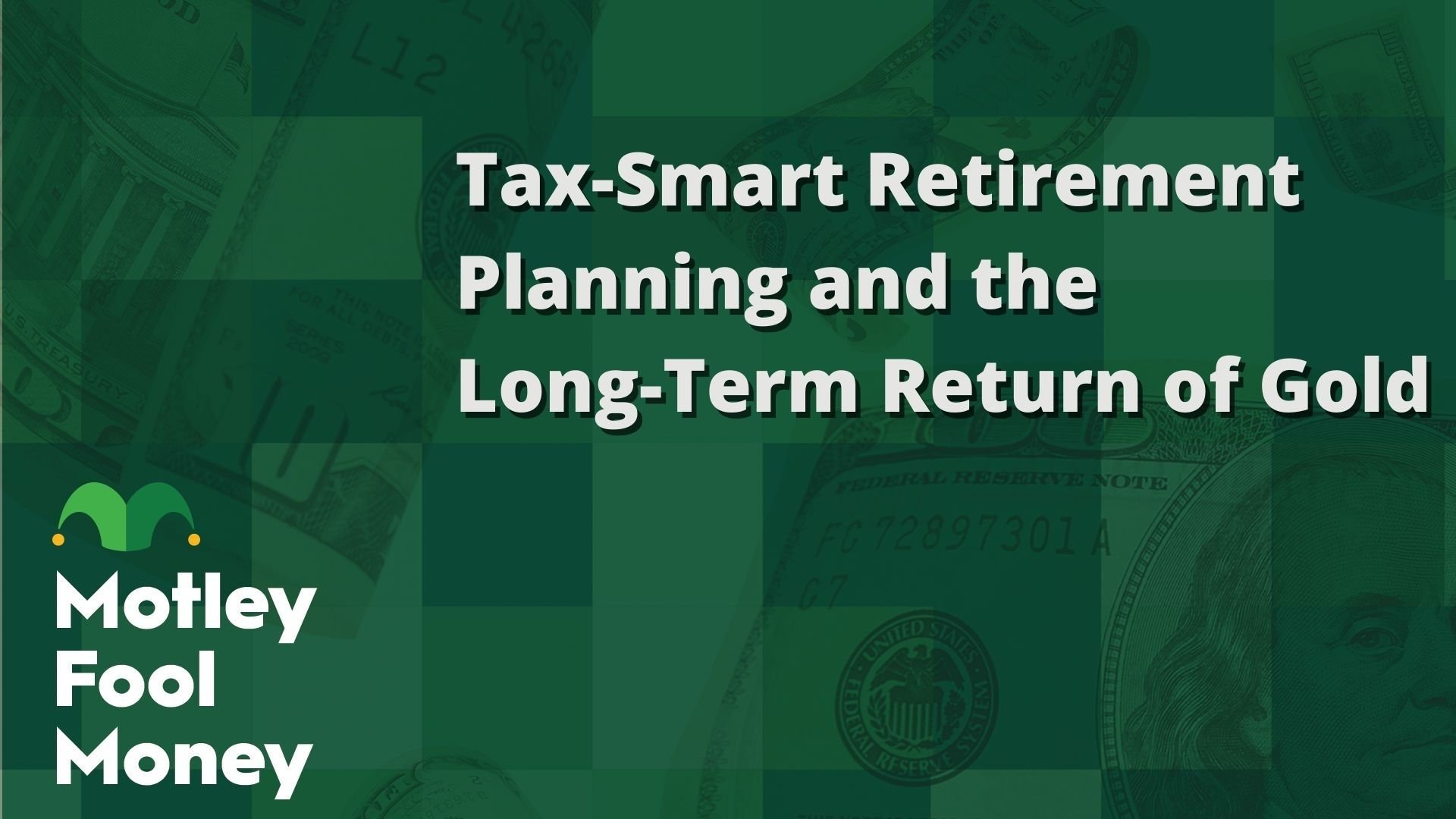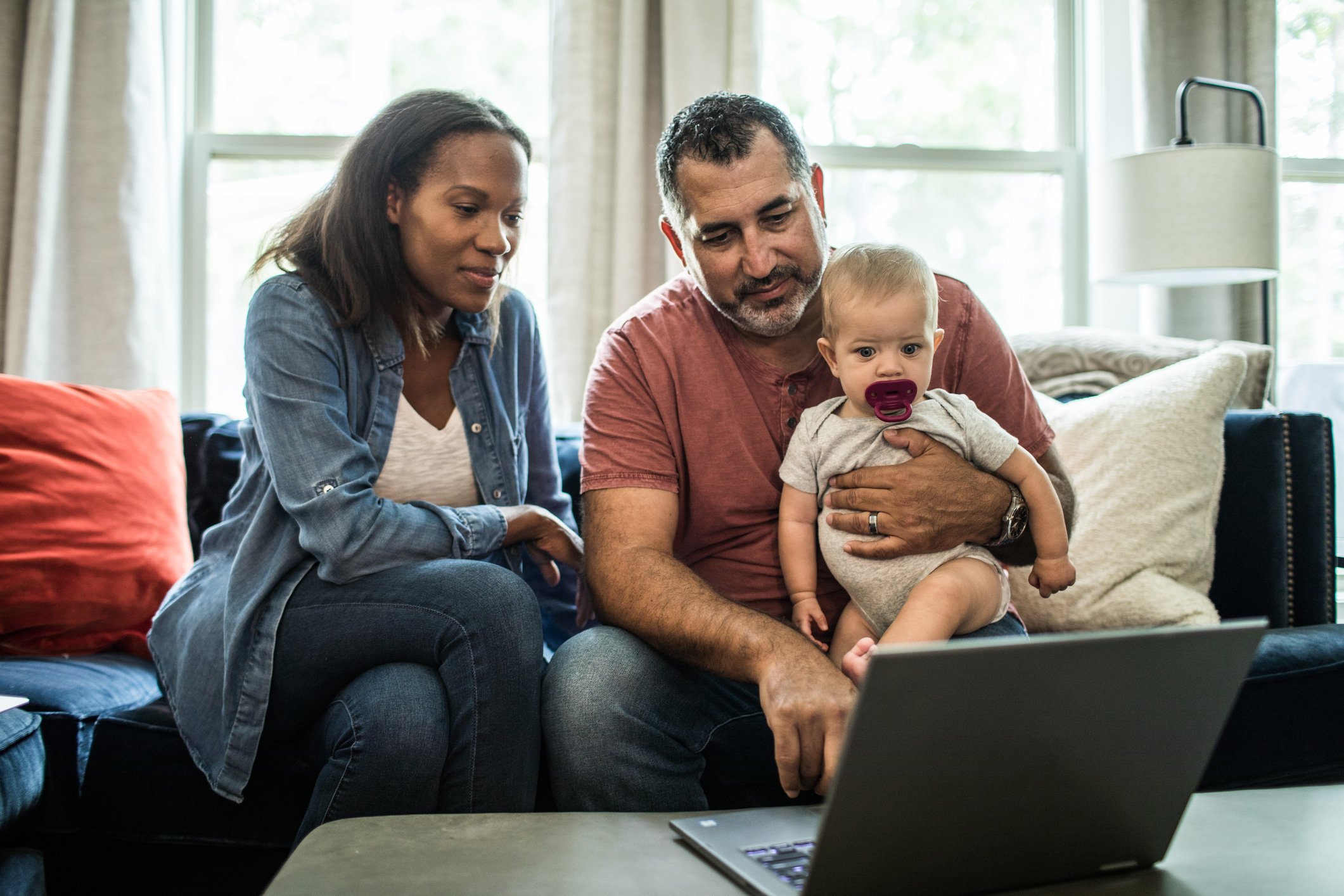COVID-19 has already forced millions of Americans out of work and caused countless businesses to close their doors. In response, lawmakers approved a $2 trillion economic stimulus package in late March that, among other things, entitles eligible Americans to a one-time $1,200 payment.
Many people have already seen that stimulus cash hit their bank accounts, while others will have to wait for a check to arrive in the mail. But either way, a large number of Americans agree that a single $1,200 payment won't be enough to help them through the ongoing crisis. And lawmakers feel similarly. As such, there are already talks of a second stimulus payment. But whether that money actually comes through is yet to be determined.

IMAGE SOURCE: GETTY IMAGES.
What's in store for desperate Americans?
Recognizing that a single $1,200 payment falls short for struggling Americans who are out of work, Democratic lawmakers introduced a bill a couple of weeks back called the Emergency Money for the People Act. The bill seeks to pay Americans aged 16 and over earning less than $130,000 a year $2,000 a month for at least six months, or until unemployment levels fall to pre-COVID-19 thresholds. For married couples, the bill seeks to pay $4,000 a month for those earning less than $260,000. Qualifying families would also be entitled to an extra $500 per child for up to three children per household.
Will more stimulus money come through?
Though a follow-up stimulus payment would be a lifeline for millions of Americans, right now, lawmakers are still debating the merits and specifics of approving one. But the longer the COVID-19 crisis drags on, the greater the need will be for an additional stimulus check.
Rent and mortgage relief may be on the table, too
In addition to the Emergency Money for the People Act, the Rent and Mortgage Cancellation Act is also floating around. As the name implies, it would cancel rent and mortgage payments on Americans' primary residences for up to a year. Given that housing is the typical American's largest monthly expense, it would certainly spell relief, especially in the absence of a second round of stimulus checks.
Get help now
It's too soon to tell whether Americans will get a second stimulus payment, or whether they'll need to make do with one payment only. But if you're struggling to pay your bills even with that initial stimulus cash in hand, you shouldn't hesitate to reach out to your lenders and service providers and ask for relief.
If you're carrying a mortgage, ask your lender to put your loan into forbearance temporarily. If you're a renter, explain your situation to your landlord and ask to be cut some slack. If you can't pay your utility bills, ask your service providers for an extension. And if you owe money on a credit card, talk to your issuer about deferring some payments while you're out of work or having a hard time making ends meet. A second stimulus payment may or may not be in the cards, but rather than sit back and wait for one, take steps to buy yourself some breathing room right now.





